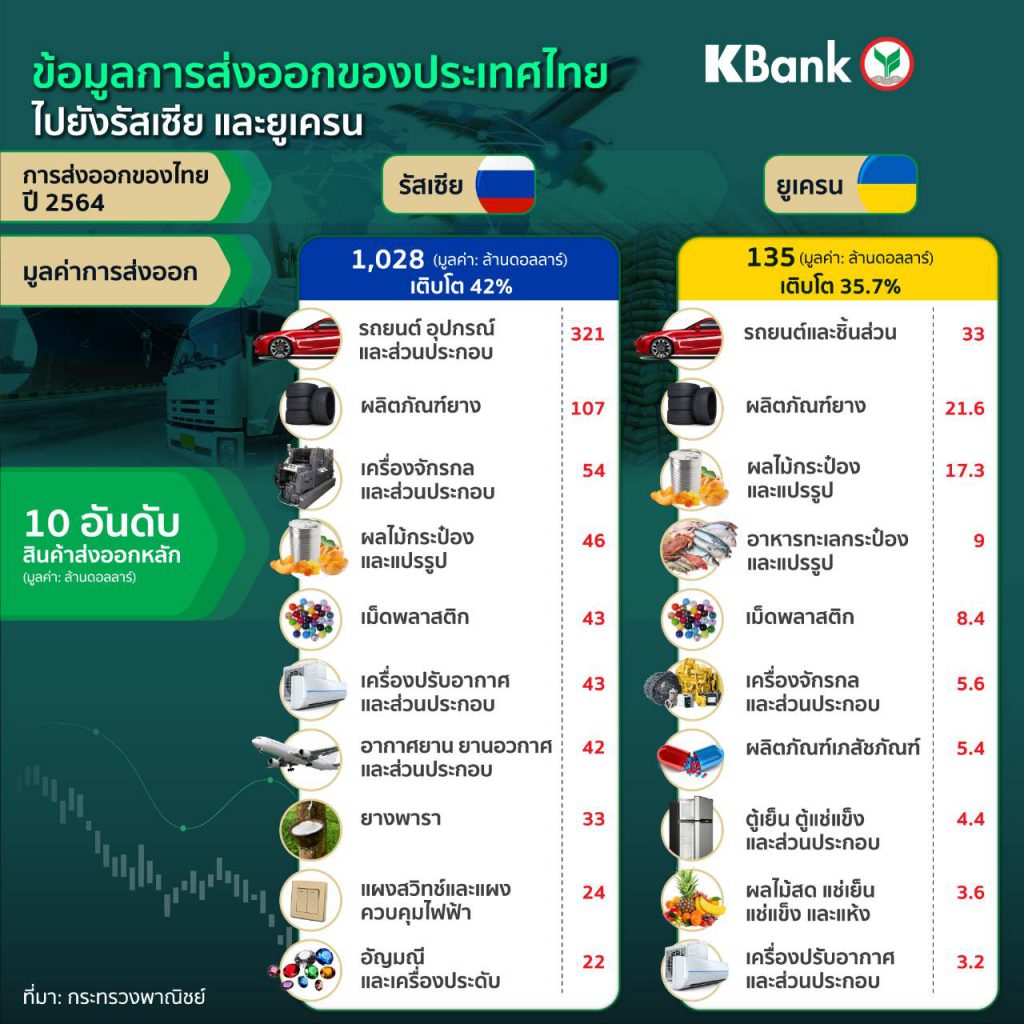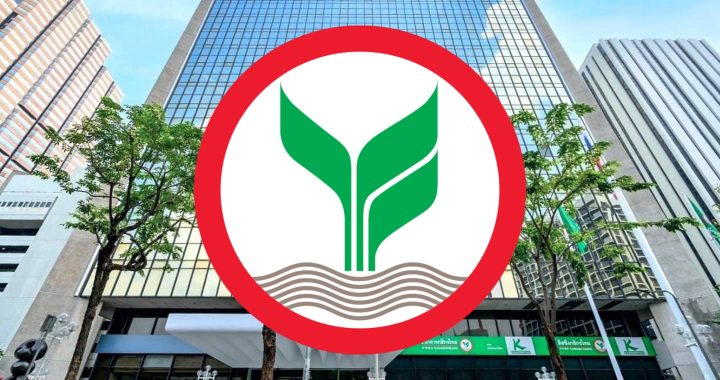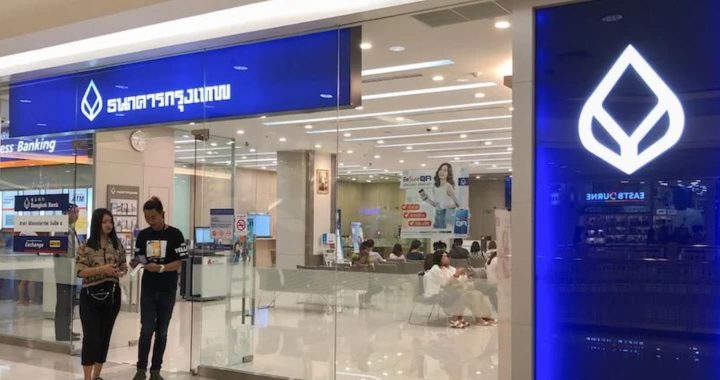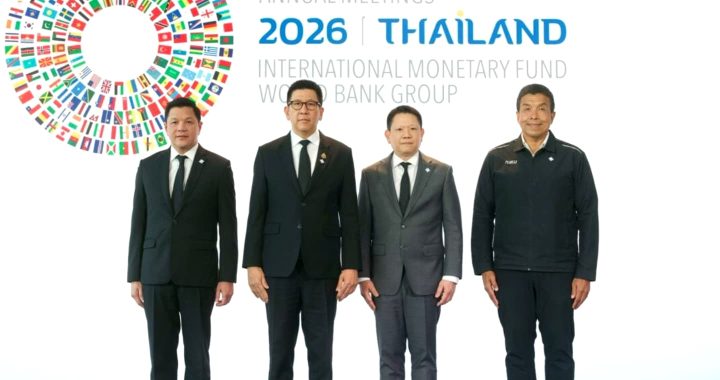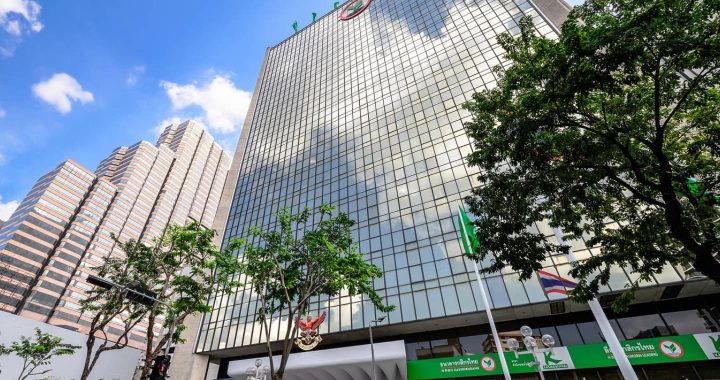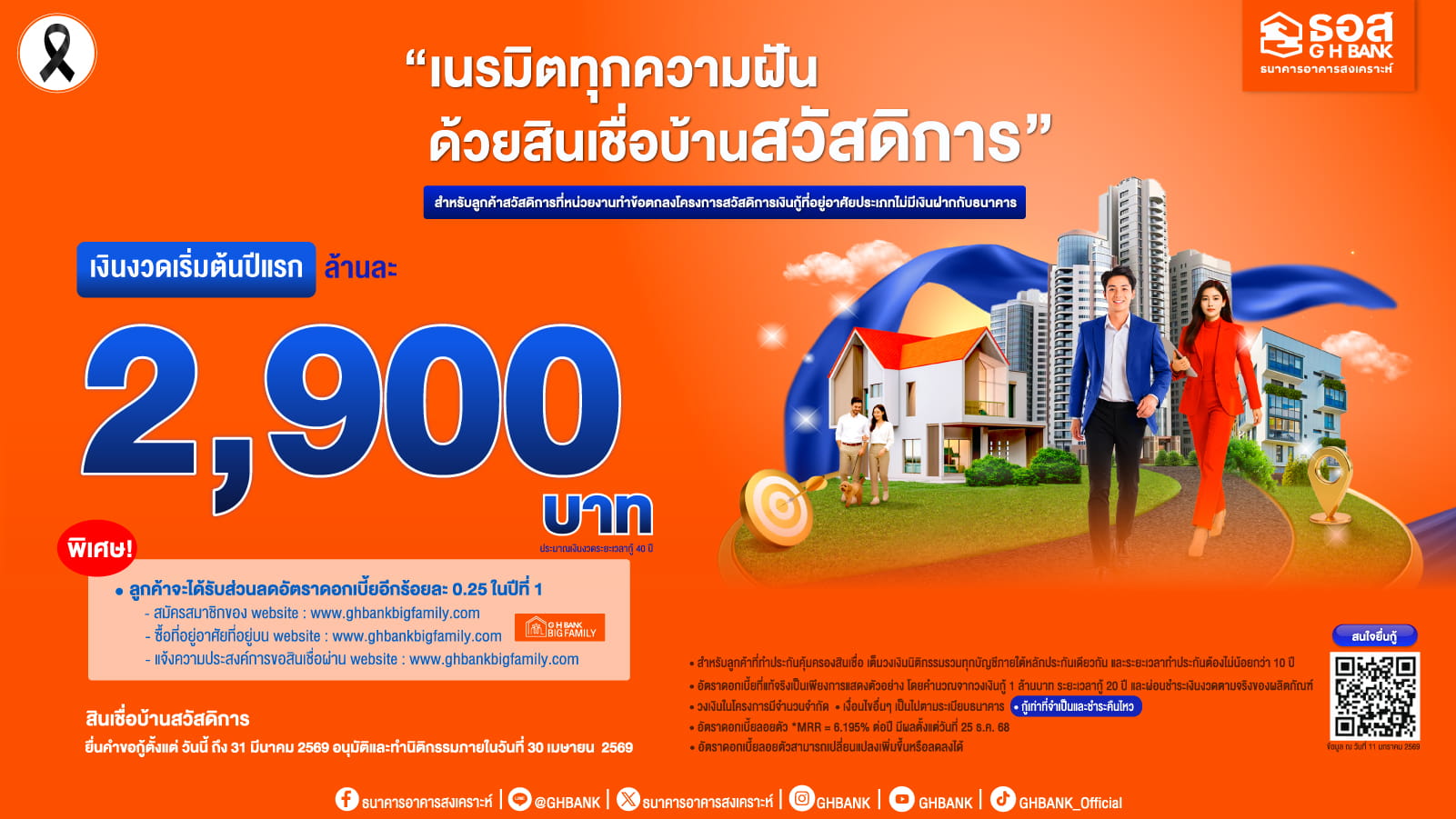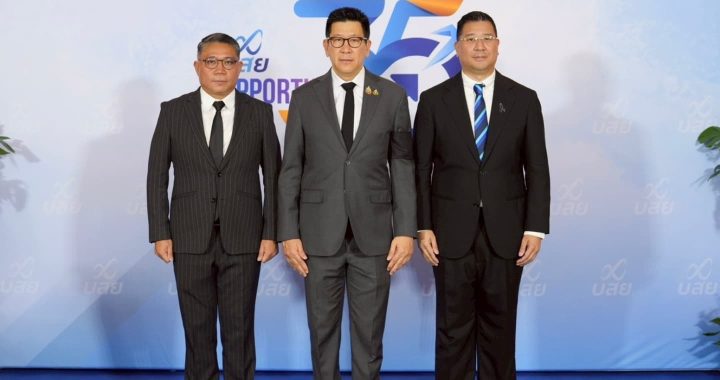KBank assesses Ukraine crisis

keeping close watch on sanctions imposed on Russia which will affect Thai exports and economic recovery
KASIKORNBANK (KBank) views that the impact of the Russia-Ukraine crisis on Thailand will hinge mainly upon how long the conflict lasts and its severity. Overall, the battle has caused oil prices to spike, which will lead to hikes in business costs and goods prices. Meanwhile, KBank’s customers who export products to Russia and Ukraine have thus far felt little impact from this geopolitical rift. Close attention should be paid to sanctions against Russia which may roil international financial transactions. If the conflict is protracted, the global economy may be hit by yet another surge of inflation. In that case, Thailand stands to be severely affected by the situation, even as it emerges from the doldrums amid the COVID-19 pandemic.

Mr. Patchara Samalapa, KBank President, said that the impact of Russia’s assault on Ukraine on Thai exports will depend mainly on the scope and severity of the conflict as well as economic sanctions imposed on Russia by various countries. Thailand has thus far mostly felt the impact via skyrocketing oil prices. If the situation escalates further, the surging energy prices will be passed on to business costs and goods prices, thus elevating inflation – which would deal a severe blow to the Thai economy. Meanwhile, highly volatile money and capital markets would prompt investors to shift to safe-haven assets.
Meanwhile, KBank’s large corporate clients who conduct trade with Russian and Ukrainian partners are primarily those in the agricultural, construction equipment and pharmaceutical product-related industries. Nevertheless, the value of their trade with such partners is low compared to total international trade value. KBank has closely monitored the Russia-Ukraine situation while also advising customers to be more careful in conducting international trade transactions with such counterparts at this time because of the increased uncertainties surrounding the present circumstances. For transactions related to imports and exports or funds transfers with Ukraine and Russia, there may be risks of delay in receiving payment if trade partners are in Thailand, Russia and Ukraine.
Mr. Patchara added that close attention must be paid to whether or not the Russia-Ukraine conflict escalates, including important issues related to economic sanctions against Russia from various countries, as such moves would not only hurt Russia’s economy and its financial market, but also threaten energy security in Europe, as well as European financial institutions and business sectors that have connections with Russia’s business sector. As a result, there could be some obstacles seen in financial transactions related to Thailand-Russia-Ukraine trade in terms of finding a bank to accept trade transactions, opening of letters of credit, payments and funds transfers. If the situation deteriorates into a broader war, the global economy may slip into a recession together with stagflation, triggered by skyrocketing oil prices. However, many parties are attempting to start negotiations to bring an end to the conflict. KBank will also monitor any impacts that may affect businesses of its clients and keep abreast of the situation going forward.
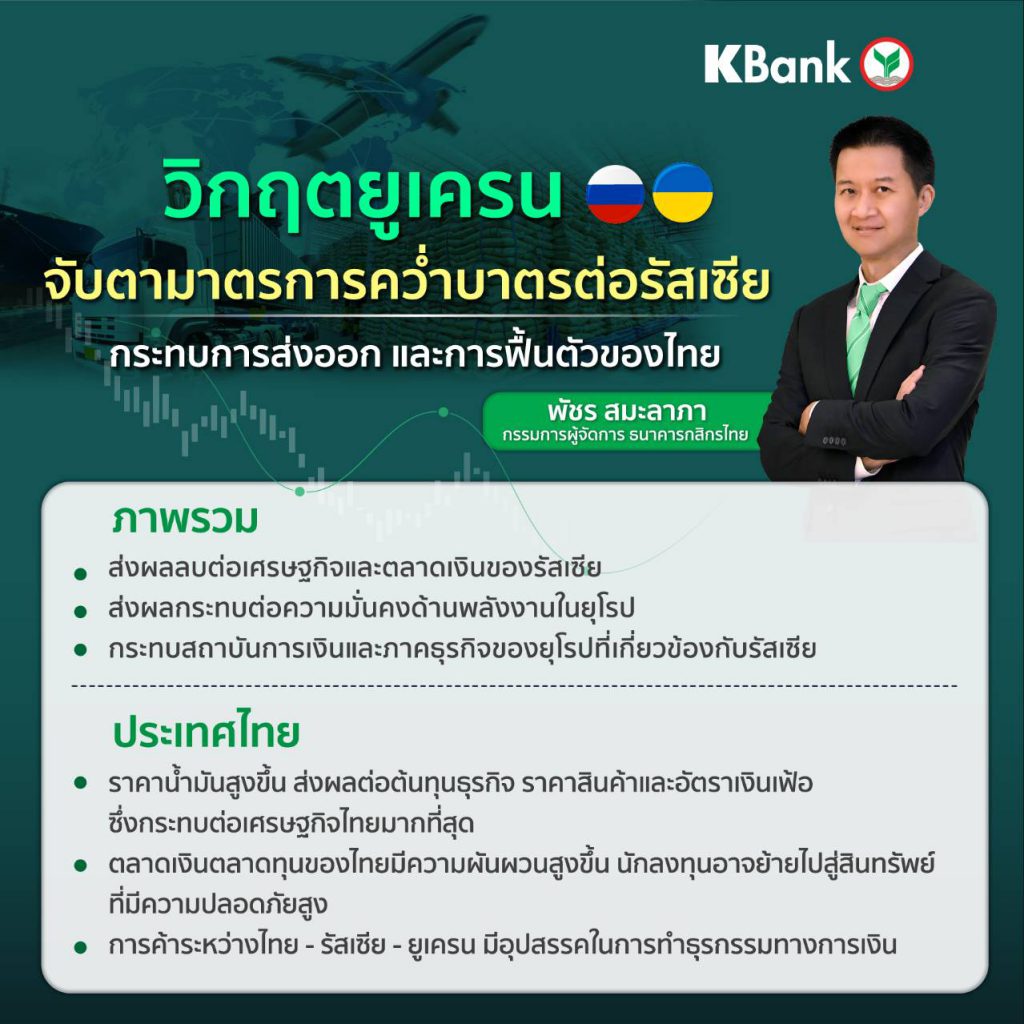
For 2021, Thailand’s exports to Russia had an estimated value of USD 1.028 billion, with growth of up to 42 percent YoY. This accounted for roughly 0.4 percent of Thailand’s total exports to the global market. Key exports to the Russian market comprised vehicles and auto parts, rubber products, machinery, canned and processed fruits, plastic pellets and air conditioners. Many of these exports are products under the GSP treatment granted to Thailand by the Commonwealth of Independent States (CIS) which consists of 12 countries, including Russia.
Meanwhile, Thailand’s exports to Ukraine are valued at around USD 135 million. While exports grew 35.7 percent YoY, the share of overall exports is insignificant. Key exports to Ukraine include vehicles and auto parts, rubber products, canned and processed fruits, canned and processed seafood, and plastic pellets.
Additional data – Thailand’s exports to Russia and Ukraine
Source: The Ministry of Commerce
